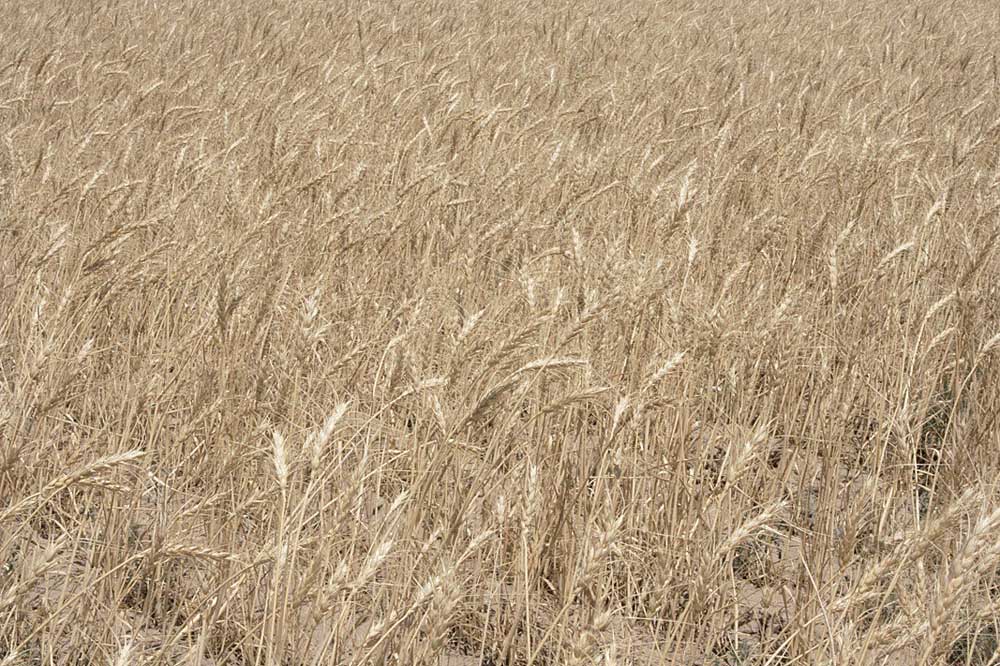Companies say new collaboration advances hybrid wheat development
Published 9:00 am Tuesday, July 28, 2020

- Hard red spring wheat grows near Prosser, Wash. BASF is working with PowerPollen to develop new wheat hybrids.
A new partnership will allow researchers to more efficiently create higher-yielding wheat hybrids, representatives of BASF and PowerPollen say.
BASF will use PowerPollen’s pollen preservation and application technology to improve cross-pollination and enhance BASF’s proprietary wheat program.
Financial terms of the agreement were not disclosed.
Already used in corn, the technology has the potential to collect, preserve and apply wheat pollen on a commercial scale, increasing pollination efficiency for hybrid wheat seed production, according to a joint press release.
“Pollen has a certain shelf life,” Gustavo Gonzalez, director of global wheat crop strategy for BASF, told the Capital Press. “In the case of wheat, it is well-known that within the first five minutes of it being shed, it loses its potential.”
PowerPollen preserves the pollen’s viability after collection, Gonzalez said.
Hybrid wheat is slated to be released to farmers in the mid-2020s.
BASF has been working on hybrid wheat for 10 years, focusing on hard red winter and hard red spring wheat, Gonzalez said.
The hybrids will be the first generation after the cross-pollination of two genetically diverse wheat parents, according to BASF.
Breeders hope to be able to “stack” several traits that are resistant to diseases, insects and stress. Both the male and female parental lines will be developed and selected for desired agronomic, disease and quality characteristics.
The technology also helps breeders fast-track a key trait, such as disease resistance, into a parent, and have it enter the hybrid in a faster, more efficient way than traditional breeding, Gonzalez said.
The hybridization process does not involve genetic modification, and BASF has no plans to commercially release genetically modified wheat seed, according to the company.
BASF expects a yield boost of 5% to 7%, depending on the hybrid and location, Gonzalez said.
Hybrids give farmers a new set of tools to produce crops more efficiently, he said.
The company is also working “diligently” to meet their agronomic needs, he said, including seeding rates and nitrogen management.
“These are all things BASF is working to be able to provide farmers so they can get the best results out of those seeds,” he said.






